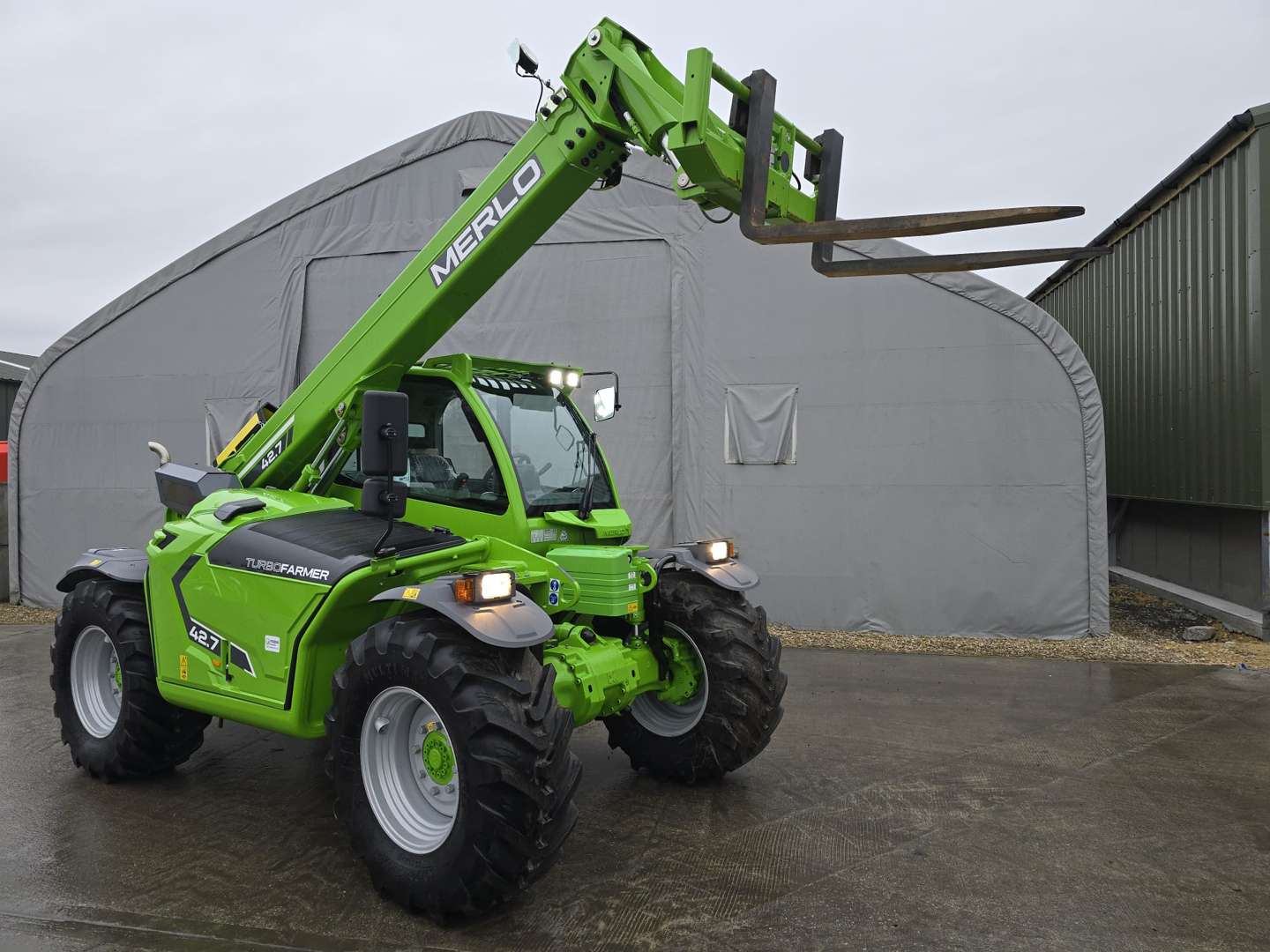
As the UK construction landscape continues to experience fluctuations, businesses across the plant and civil engineering sectors are reassessing their strategies for growth, resilience, and sustainability. Kevin Gardner, Commercial Manager at BPI, takes a closer look at the current market and what businesses can do to ensure they achieve their goals.
“Across the plant and civil engineering sectors, businesses are continuing to adapt to a fast-evolving market, balancing the pressures of cost, demand, and sustainability. With rising material prices and tighter margins, many are looking for smarter ways to scale operations and maintain profitability without compromising on capability.
“One area attracting increasing attention is the use of second-hand machinery, equipment and tools. Whether buying or selling to support new projects or maintain existing operations, pre-owned assets offer compelling benefits. It’s faster to source, typically more cost-effective, and contributes positively to circular economy practices.
“This approach is becoming particularly relevant as the construction industry remains unpredictable. According to the latest S&P Global UK Construction Purchasing Managers’ Index, construction activity in July fell to its lowest level since May 2020.
“All three main construction segments – housing, commercial, and civil engineering recorded declines, with civil engineering seeing the sharpest fall in activity.
“Running alongside this, demand for quality used machinery, equipment and tools continues to rise. For contractors and civil engineering firms, pre-owned assets provide a faster, more affordable path to expansion or project fulfilment, without sacrificing performance.
A recent BPI example comes from working with a national tool hire company to manage its five-year fleet cycle. The goal was to sell tools and equipment efficiently, cut maintenance costs, and get the best return on assets.
Once processed, the tools were listed on BPI’s auction platform which has over 180,000 registered bidders. Each sale is fully managed, with prompt payment, detailed monthly reports, and direct settlement into the client’s account.
“This kind of structured, streamlined approach takes the hassle out of asset disposal,” said Kevin. “It allows businesses to recover maximum value from surplus equipment while keeping operational disruption to a minimum.”
Beyond the financial returns, there’s also a clear sustainability benefit. “By giving tools and machinery a second life, companies reduce waste, conserve resources, and lower their carbon impact,” he added.
“As the UK continues to invest in infrastructure, demand for new and used machinery will stay high. Businesses that use flexible ways to get equipment and manage their assets wisely will be better prepared for changes and new opportunities.”
“In a world where budgets are tight, timelines are shorter, and sustainability is non-negotiable, selling at auction and buying second-hand offers a compelling solution.
For more information visit www.bpiauctions.com.

